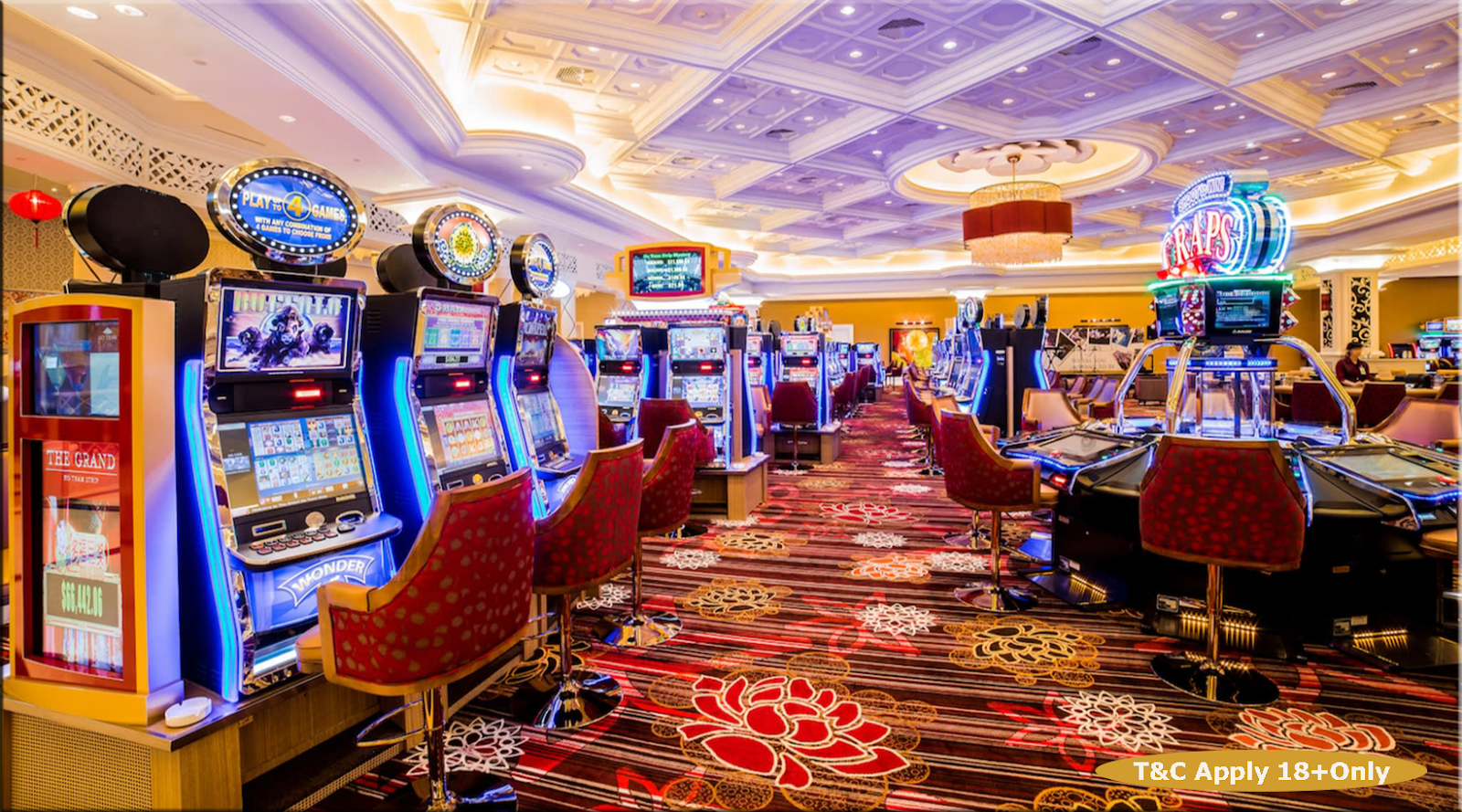Casino games have consistently attracted various types of players, offering not only excitement through chance but also a tailored experience tailored to different kinds of players. Ranging from the strategic minds who excel at strategic thinking to the casual players who seek entertainment, casinos understand the subtleties of their audience and create games that meet these differing tastes.
In exploring the realm of gambling games, we encounter a rich tapestry of game types that attract every kind of player. High-stakes poker tables entice competitive individuals, while colorful slot machines draw in individuals in search of quick rewards. Whether it be the allure of winning big or simply enjoying the social atmosphere, casinos tailor their game offerings to ensure that everyone can find their niche where they feel comfortable and engaged. Comprehending how these games are designed for diverse types of players can enhance not only our appreciation of them but also our approach to choosing which games to play.

Comprehending Participant Categories
In the varied world of gambling games, gamers can be categorized into separate kinds based on their motivations and choices. These gamer kinds range from the casual and community-oriented gamers, who enjoy the fun value and community interactions that gambling provides, to the more analytical and analytical players, who seek to increase their probabilities and gains. Comprehending these different categories is essential for casinos to tailor their offerings and create captivating environments.
One frequent kind is the social player, who views casino games as a form of community interaction and enjoyment rather than a serious gambling activity. These participants often enjoy games that encourage participation and togetherness, such as poker. Their emphasis is on the experience rather than the result, so vibrant atmospheres and shared moments are what they value the most.
On the opposite end of the scale, tactical players are driven by contest and the search of expertise. They tend to gravitate toward games that require strategic thinking and strategy, such as blackjack, where their skills can affect the conclusion. This type often engages with the games on a more profound level, utilizing knowledge and approaches to achieve an edge. Comprehending these drives allows casinos to design atmospheres and game selections that suit to each player’s unique likings.
Game Design Strategies
Gambling games are created with varied player types in mind, utilizing multiple strategies to draw in and engage them. For casual players, the focus is on simplicity and clarity. Games like slot machines are frequently aesthetically pleasing with straightforward mechanics. This allows players to experience the experience without a steep learning curve, fostering an inviting atmosphere. The vibrant hues, catchy sounds, and thematic elements create a playful environment where players can quickly get involved and entertained.
For strategic players who enjoy a more profound level of engagement, games such as Texas Hold’em and blackjack offer depth and skill-based elements. These games incorporate strategy and tactical choices, appealing to players who thrive on competition and want to exercise their cognitive abilities. The design of these games often includes intricate rules and mechanics that challenge players to hone their skills and develop strategies over time, creating a fulfilling experience for those who appreciate mastering the game.
Additionally, community-oriented players are considered through games that highlight interaction and community. This comprises live dealer games and multiplayer formats, which cultivate a sense of camaraderie among players. The design of these games often incorporates chat features and communal aspects, allowing players to connect and share experiences. By creating an environment where participation is encouraged, casinos can effectively involve community players, making the gaming adventure more enjoyable and memorable.
Enhancing Participant Engagement
Gambling titles have advanced notably to create a more entertaining experience for participants. Game creators focus on immersive visuals, rich audio effects, and novel game mechanics that engage players into the casino atmosphere. By utilizing digital advancements, such as immersive technology and augmented reality, casinos ensure that players feel as if they are part of a thrilling experience, enhancing in addition to the fun of the games but also the entire experience of being in a betting establishment.
Social interaction is another key factor in improving player experience in casino options. Several options are designed to promote engagement among players, whether through multiplayer modes or messaging options. This social aspect attracts participants who enjoy connecting with fellow players while playing, promoting a feeling of community. Furthermore, interactive elements can include ranking systems, tournaments, and prizes for cooperative engagement, which attract determined gamers and inspire them to return for more. mmlive
In conclusion, customization plays a pivotal role in adapting the interaction for diverse gamer demographics. trò chơi hot tại mmlive Casinos and game developers examine player behavior and likes to present personalized gaming recommendations and incentives. By grasping the individual preferences of players, gaming establishments can offer tailored promotions, rewards, and new titles that satisfy each gamer, thus enhancing their complete engagement and devotion to the casino.